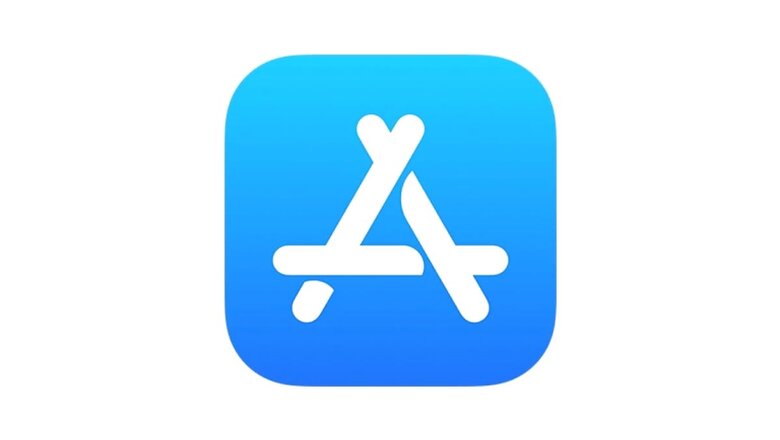
views
In what can only be described as a first of its kind report, the Subcommittee On Antitrust, Commercial And Administrative Law Of The Committee Of The Judiciary of the US Congress has released its conclusions and recommendations on whether the big tech companies such as Google, Apple, Amazon and Facebook are violating the antitrust laws. It is a massive report, 449 pages in total, and it roundly criticises tech companies for creating monopolies. The committee led by Jerrold Nadler, Chairman of the Committee on the Judiciary and David N. Cicilline, Chairman, Subcommittee on Antitrust, Commercial and Administrative Law. The committee has identified a broad set of reforms for restoring competition in the digital economy, address anticompetitive conduct in the digital markets, strengthen merger and monopolization enforcement and improve the sound administration of the antitrust laws through other reforms.
The House Judiciary Committee notes that Apple iOS is one of the two dominating smartphone operating systems, in the US and globally. The report further says that Apple installs iOS on all Apple mobile devices (we would guess the reference is to the iPhone and the iPod Touch) and does not license iOS to other phone makers. The committee believes that Apple can wield that power because for customers, switching to another platform will be expensive and there is also the ecosystem that users get locked in to over time. “It is unlikely that there will be successful market entry to contest the dominance of iOS and Android,” they say. There are more than 100 million iPhone users worldwide, and Apple sold its 2 billionth iOS device in 2018.
Apple’s domination continues with the distribution of apps as well. At this time, the App Store is the only method to distribute software applications on iOS devices, says the committee. There is no alternative app store for iOS and iPadOS devices, for instance. The report notes that while Samsung is the global leader in smartphones, users can access the Google Play Store on these Android devices and Google also allows access to third-party stores such as the Samsung Galaxy Store. What the committee seems to have missed is that Apple makes its own phones and devices, and does not have other companies making hardware and then using Apple’s software and operating systems.
The committee believes that consumers prefer web apps over native apps, and notes the complaints of developers that Apple pushes for building native iOS apps rather than using web technologies. “Apple fully controls how software can be installed on iOS devices and CEO Tim Cook has explained that the company has no plan to permit an alternative app store,” says the committee.
The committee report also notes the debate around the 30% cut that Apple takes for app transactions done via the App Store. This is, in fact, standard practice across application platforms including Google Play Store. However, Apple also has exceptions in place—such as it does not charge a commission on payments made for purchases for goods or services accessed outside the app. These include the payments you make for Uber, for instance. “Using its role as operating system provider, Apple prohibits alternatives to the App Store and charges fees and commissions for some categories of apps to reach customers. It responds to attempts to circumvent its fees and commission with removal from the App Store,” says the committee. The report also notes that Apple responded that its “commission is not a payment processing fee” and that it “reflects the value of the App Store as a channel for the distribution of developers’ apps and the cost of many services” it incurs to maintain the App Store.
The report confirms that Apple has since updated its policies, after an antitrust hearing over the summer. It says, Apple appears to have recently revised some of its App Store policies under the scrutiny of the Subcommittee, the Department of Justice, and global competition authorities. In June 2020, Apple announced new policies for its App Store review that will allow app developers to appeal decisions by app reviewers and even challenge the Guidelines governing the App Store. Apple also announced that app updates with bug fixes will no longer be held up due to a violation of an App Store guideline.













Comments
0 comment